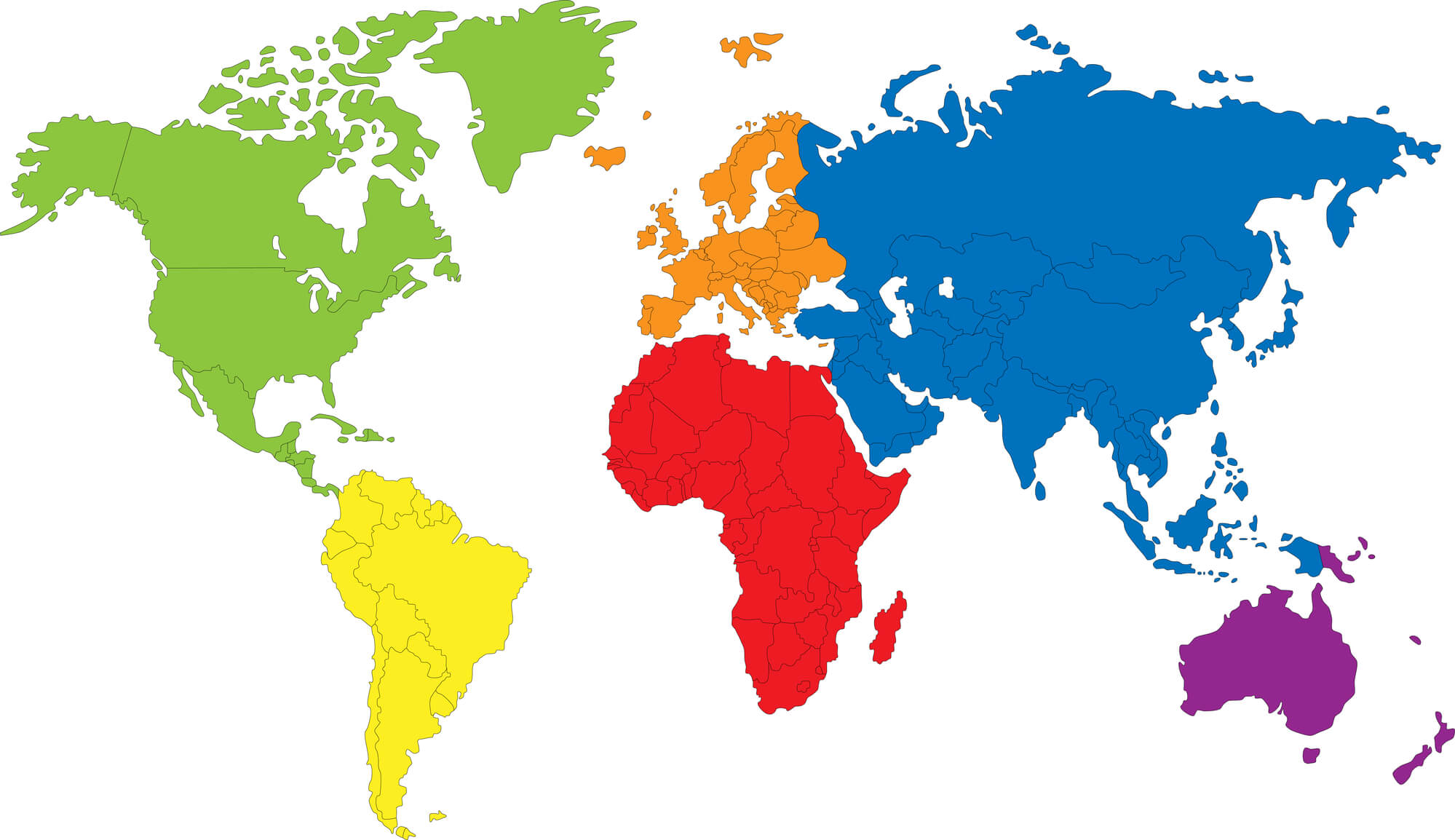Labor rights and decent work are fundamental to upholding the dignity and well-being of workers globally. In this article, we delve into the meaning and significance of the International Labour Organization (ILO), a specialized agency of the United Nations dedicated to promoting social justice and labor rights. Explore how the ILO collaborates with governments, employers, and workers to set international labor standards, enhance working conditions, and foster dialogue for sustainable development.
Understanding ILO
What is ILO?
The International Labour Organization (ILO), established in 1919, is the premier global agency promoting labor rights, employment opportunities, and social protection. Rooted in the belief that social justice is essential for lasting peace, the ILO advances decent work and aims to create a world where all individuals can enjoy fair and productive employment.
ILO's Structure and Membership
The ILO operates through a tripartite structure, which brings together representatives from governments, employers' organizations, and workers' organizations. The International Labour Conference, held annually in Geneva, allows member states to discuss labor-related issues and shape policies. The Governing Body, composed of government, employer, and worker representatives, guides the ILO's work and ensures its effective implementation.
Key Functions of ILO
Setting International Labor Standards
The International Labour Organization (ILO) is crucial in setting international labor standards that establish guidelines for decent work, fair employment practices, and social justice. The ILO develops conventions and recommendations that address various aspects of labor rights, working conditions, occupational safety and health, and social protection. These standards serve as a reference point for member states, enabling them to align their laws and policies with internationally recognized principles.
The ILO's labor standards provide a framework for promoting worker rights, eliminating forced labor and child labor, ensuring non-discrimination and equal opportunities, and enhancing social protection. The ILO fosters a global commitment to creating dignified and equitable working conditions for all by establishing these standards.
Promoting Decent Work
The concept of "decent work" lies at the core of the ILO's mission. It encompasses the fundamental principles and rights at work, including the right to freedom of association, the right to collective bargaining, the elimination of all forms of forced or compulsory labor, the abolition of child labor, and the elimination of discrimination in employment and occupation.
The ILO promotes decent work by advocating for fair labor practices, supporting social dialogue, addressing inequalities in the workplace, and promoting sustainable economic growth. Through its programs and initiatives, the ILO works towards eradicating exploitative labor practices, improving working conditions, and creating opportunities for productive and meaningful employment.

Enhancing Social Dialogue
Social dialogue is a key pillar of the ILO's work. It involves structured discussions and negotiations among governments, employers' organizations, and workers' organizations, enabling them to engage in meaningful dialogue and collective decision-making processes. The ILO recognizes the importance of involving all stakeholders in shaping labor policies, promoting harmonious industrial relations, and improving working conditions.
By fostering social dialogue, the ILO creates opportunities for all parties to voice their concerns, exchange perspectives, and find common ground. This inclusive approach helps build trust, enhance cooperation, and promote sustainable solutions to labor-related challenges. Social dialogue is instrumental in achieving fair and balanced labor relations, ensuring that the interests of workers, employers, and governments are adequately represented.
Conducting Research and Policy Development
Research and policy development are vital components of the ILO's work. The organization conducts in-depth research on a wide range of labor-related topics, including employment trends, labor market policies, social protection mechanisms, and emerging issues in the world of work. By studying these areas, the ILO generates valuable insights that inform evidence-based policies, best practices, and innovative approaches to labor challenges.
Through its research findings, the ILO contributes to a better understanding of the complexities and dynamics of the labor market. The organization's policy development initiatives translate research into practical recommendations for member states, enabling them to shape effective labor policies, regulations, and programs. By bridging the gap between research and policy, the ILO promotes informed decision-making and facilitates the implementation of impactful labor practices worldwide.
Technical Assistance and Capacity Building
The ILO provides technical assistance and capacity building to member states, particularly those in need, to strengthen their labor institutions, improve labor market conditions, and enhance social protection systems. The organization supports countries in implementing labor standards, developing labor policies, and creating sustainable practices that promote decent work and inclusive economic growth.
Through its technical assistance programs, the ILO offers tailored support based on member states' specific needs and priorities. This assistance may include policy advice, knowledge transfer, skills development, institutional strengthening, and promoting good governance practices. By building the capacity of governments, employers' organizations, and workers' organizations, the ILO contributes to developing sustainable labor systems prioritising decent work and social justice.
The ILO's technical assistance programs cover many areas, including labor market analysis, labor law reform, social protection policies, occupational safety and health, and entrepreneurship development. The organization works closely with member states to identify their needs and develop targeted interventions that address their unique labor challenges.
Capacity building is a key component of the ILO's technical assistance. It focuses on strengthening the knowledge, skills, and capabilities of individuals and institutions involved in labor-related matters. By providing training, workshops, and knowledge-sharing platforms, the ILO equips stakeholders with the necessary tools to implement effective labor practices, monitor compliance with labor standards, and foster sustainable development.
Conclusion
The International Labour Organization (ILO) serves as a beacon of hope for workers worldwide. With its unwavering commitment to labor rights, decent work, and social justice, the ILO strives to create a world where all individuals can enjoy fair and dignified employment. Through setting international labor standards, promoting decent work, enhancing social dialogue, conducting research, and providing technical assistance, the ILO continues to contribute to a more just and equitable world of work. By supporting the ILO's mission, we can collectively create a future where every worker is valued, protected, and empowered.
